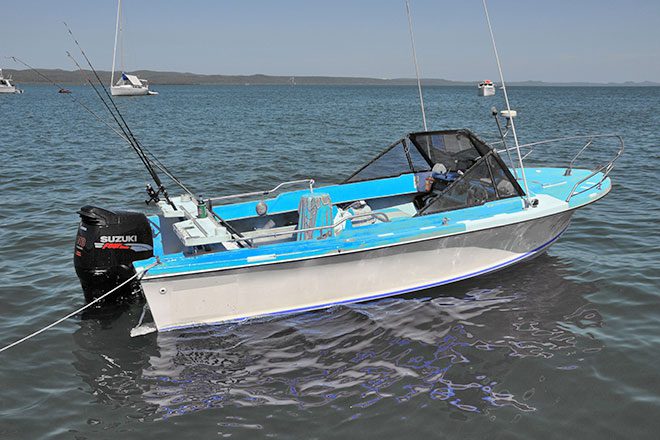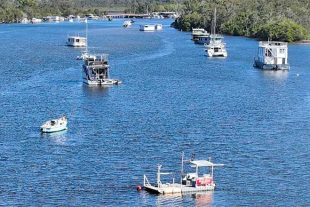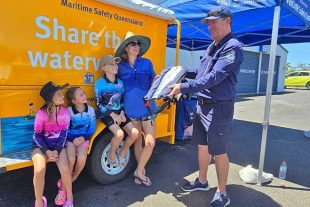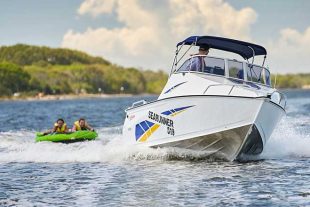You quite rightly are very selective about the boat you buy and similarly, marine insurers are somewhat selective about the boats they insure.
Which is a two-way relationship not always well understood, and occasionally it can lead to knockbacks that are also not well understood.
Sometimes you will see social media posts making adverse comments about particular companies in relation to insurance applications.
“They wouldn’t insure my boat and it’s better than boats being made today”, “I’d sooner have my old boat than a new cheap Chinese import” and similar comments.
Invariably, such comments come after the boat has been purchased and most likely at the time the owner is first seeking insurance.
So, what’s the best way to avoid being caught in a similar situation?
The answer is to start with a company such as Nautilus, which specialises in marine-related insurance policies.
Ask them about the boat you’re considering purchasing – nominate the manufacturer, the model, the year it was built, the purchase price and ask if they can foresee any issues that need consideration in terms of its insurability if the purchase were to go ahead.
Tell them whether you’re considering buying and ‘fixing up’ a vintage vessel – be upfront right from the start.
Explain your plans and again, ask whether they can foresee any issues in terms of insurance.
As experts on boating, they are aware that an unqualified ‘tradesperson’ might inadvertently bring an unacceptable insurance risk to the restoration project.
It makes sense that a company might prefer to insure a well-founded vessel nowhere near as old, well maintained and in excellent condition.
Clearly, an ex-trawler, ex-ferry or ex-commercial craft that someone started to tinker with though didn’t finish is going to require more insurance questions and inspections than the latest model from a well-known boat manufacturer.
Insurers also need to consider whether replacement or suitable substitute parts can be sourced for older vessels should an insurance claim arise.
Electrical systems might have changed, electronic managements systems may have upgraded pipe sizes, tap sizes, fittings – and the list goes on.
All these things need to be assessed, which is why insurers sometimes ask for a boat survey to be undertaken by a qualified person.
It’s better to have considerations such as these addressed up front rather than when a boat rebuild project is nearing completion.
Great boat-travel documentaries about postcard destinations posted on YouTube by people who fulfilled their boating dreams by working up some blisters bringing an old vessel back to life certainly can be intoxicating.
The savings they might have made by doing the work themselves might make the concept seem even more attractive.
Understandably, these documentary experiences might prompt the question: “How hard can it be?”
“Plenty” is the answer.
Interestingly, as the Australian recreational boating fleet gets older, there are more and more boats stretching past the 20-year age bracket that used to be a cut-off point for some insurance companies, unless a marine survey certificate could be provided.
Nautilus will now consider insuring 30-year-old trailered runabouts, recognising that boats built in the 1990s were often better built than those in the 1980s.
That is not to say any vessel older than 30 years is automatically an inferior product – not at all.
Obviously, with the right inspections and certifications, boats far older than that can be insured.
But it does mean that Nautilus has removed its requirement for a mandatory condition report on some trailered vessels before insuring them.
Others will continue to require out of water surveys.
As always, what is and what may not be covered will always be decided in accord with the terms of insurance as defined in your insurance policy’s Product Disclosure Statement.
Similarly, any special conditions and excesses should always be explained clearly in your insurance policy’s Product Disclosure Statement.
If you need further information, you can contact Nautilus Marine Insurance on 1300 780 533 for any boat insurance requirements.









